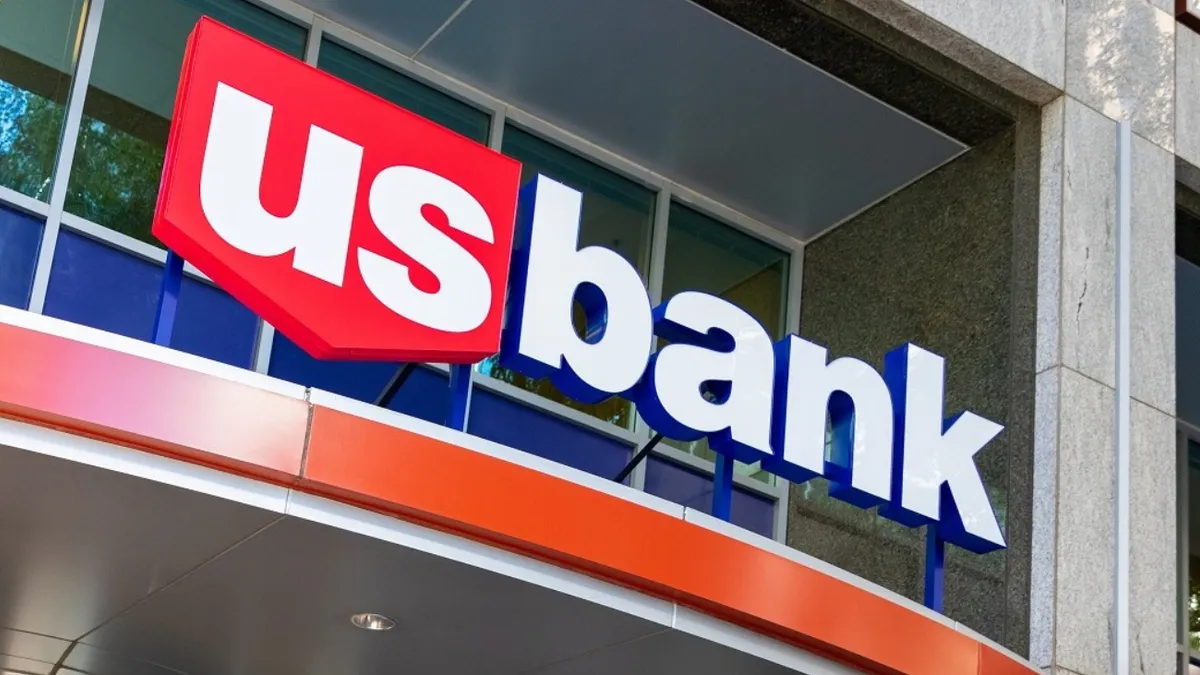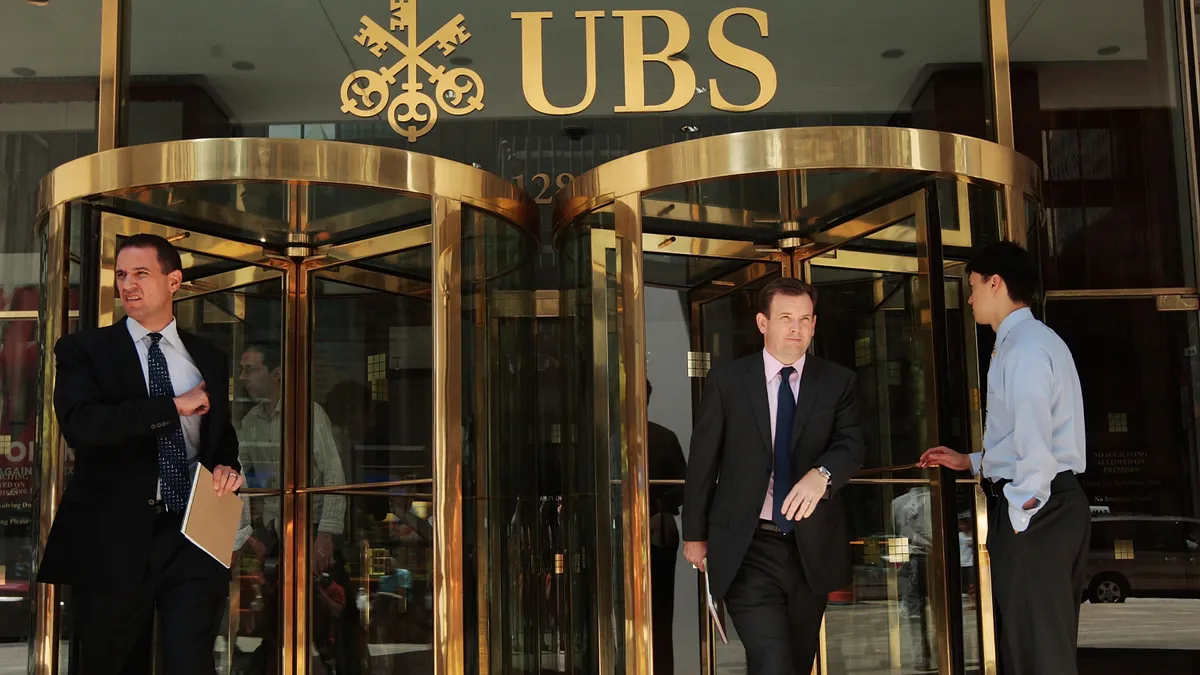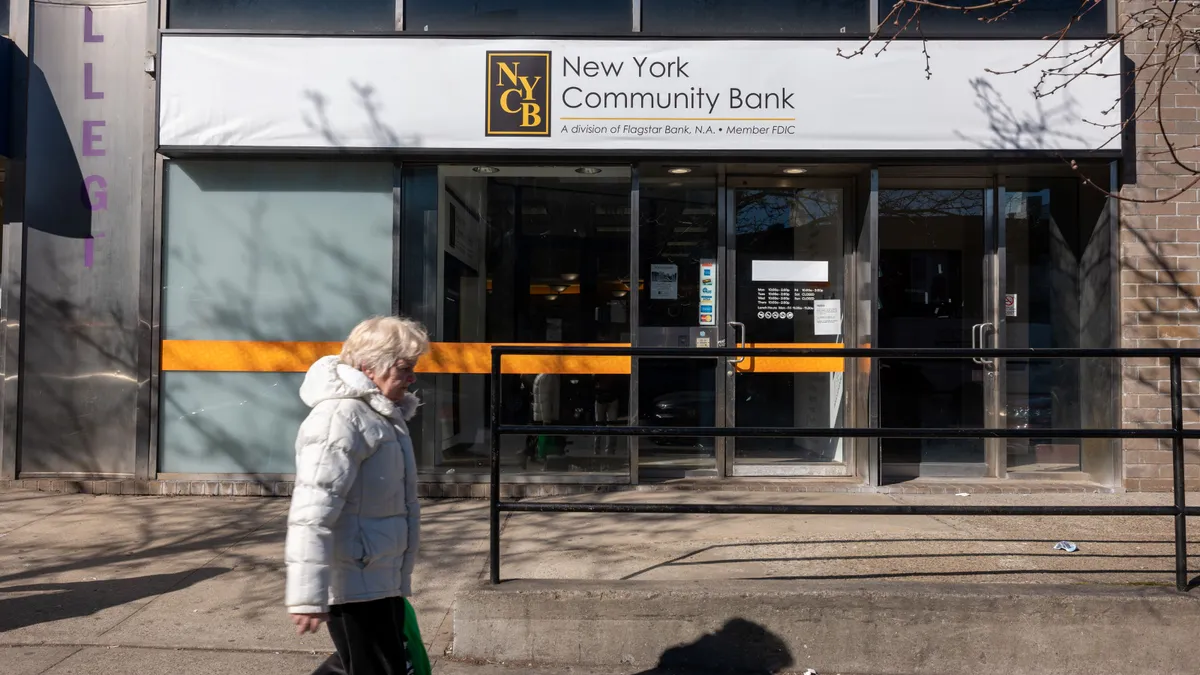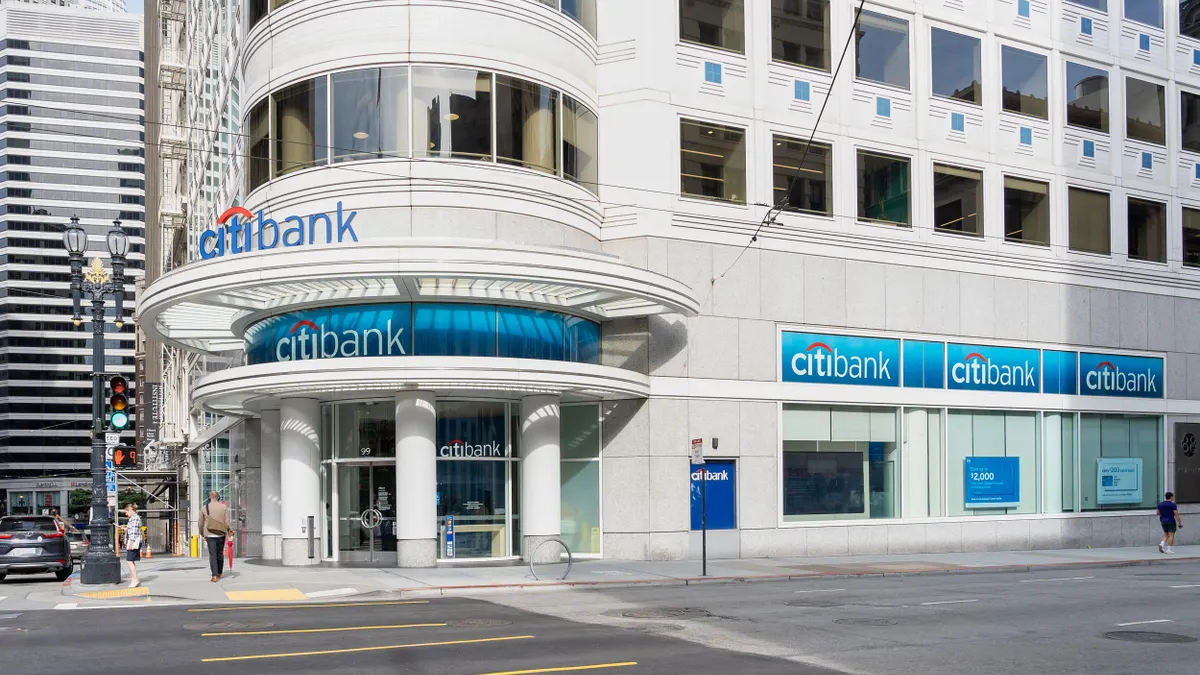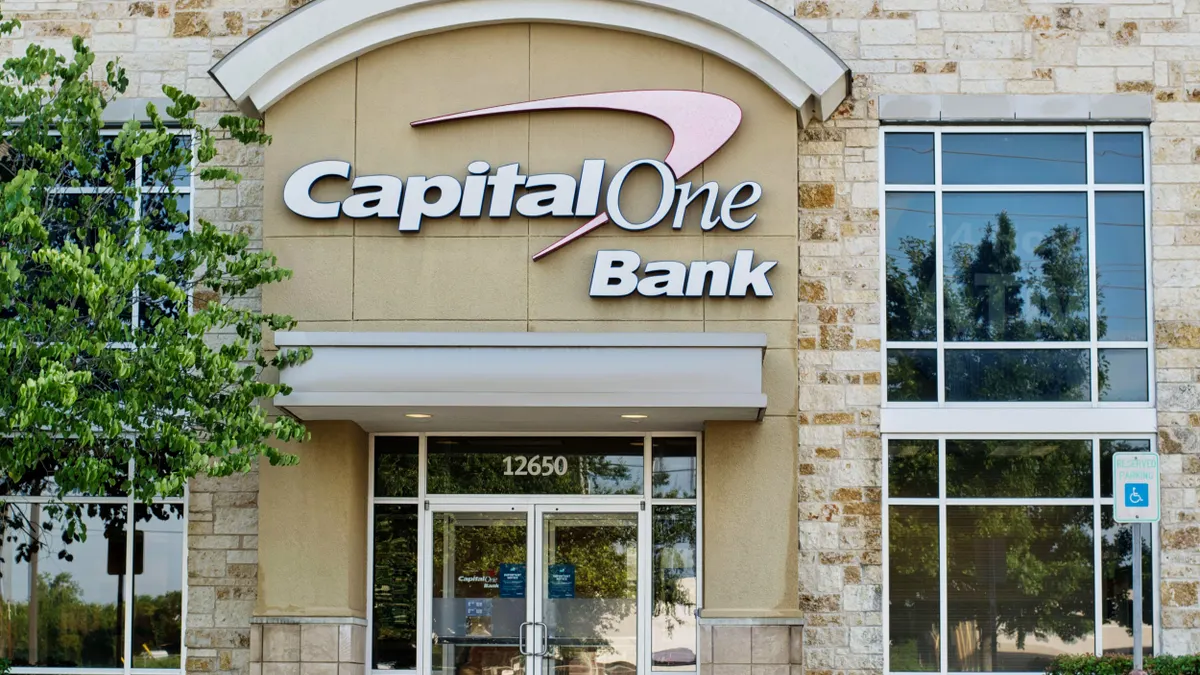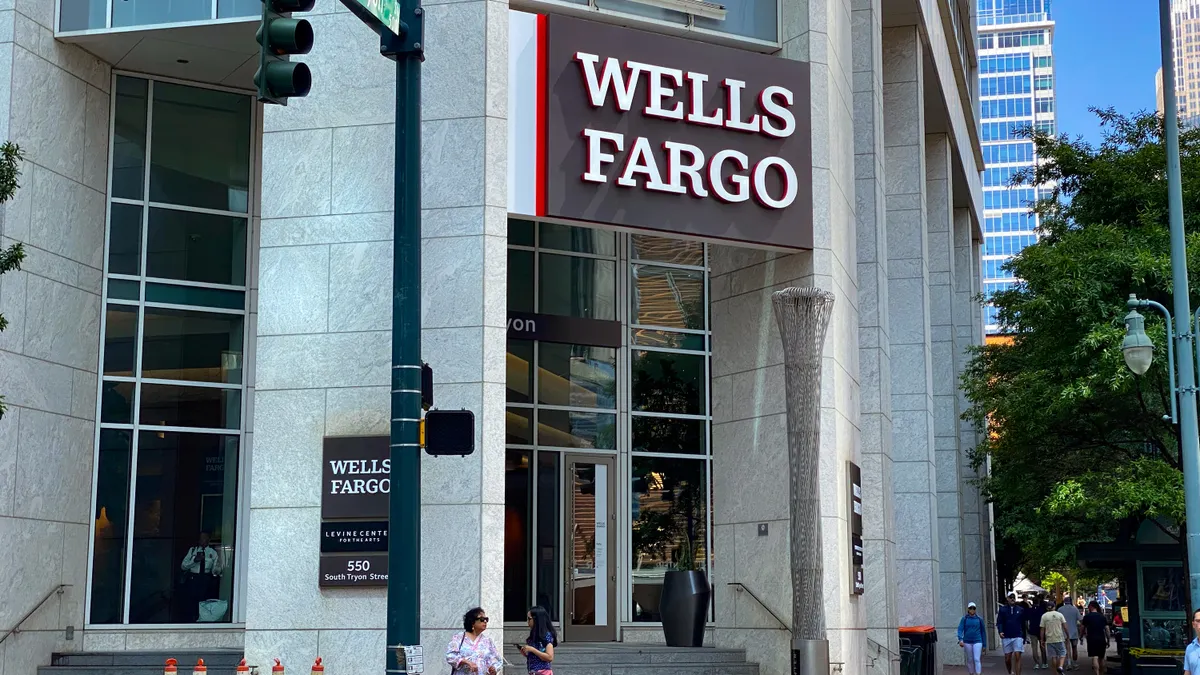The Federal Reserve, Federal Deposit Insurance Corp. (FDIC) and Office of the Comptroller of the Currency (OCC) approved U.S. Bank’s $8 billion acquisition of MUFG Union Bank, the regulators said Friday.
The announcements came as the Fed also sought public comment on an advance notice of proposed rulemaking meant to ensure that large regional banks or domestic systemically important banks can fail without disrupting the economy or requiring a taxpayer bailout.
"As the banking system changes, policymakers must continuously evaluate whether resolution-related standards and prudential standards for large banks keep pace," Michael Barr, the Fed’s vice chair for supervision, said in a statement. "That is why we ... are evaluating whether capital requirements for large banks, including global systemically important banks — as well as other elements of the prudential framework — should be updated."
The Fed proposal would require banks with between $250 billion and $700 billion in assets to carry long-term debt that would be converted into equity to recapitalize the bank in times of extreme stress. That would put the burden of losses on investors — rather than taxpayers in a bailout situation.
Fed Vice Chair Lael Brainard said she was “encouraged” by the proposal “since we know from experience that even non-complex banks in that range can pose risks to the broader financial system when they experience financial distress.”
The central bank’s guidance also proposes separability requirements, which would push large banks to consider selling off parts of their business rather than seek an outright acquisition.
The Fed proposal, however, does not call for large banks to hold total loss-absorbing capital, as global systemically important banks must.
Republicans on the Fed board expressed their reservations on the proposal.
While Fed Gov. Michelle Bowman supported the approval of the U.S. Bank deal, she said some conditions may violate existing Fed rules.
At issue is that the Fed’s order suggests U.S. Bank — now a Category III bank with less than $700 billion in assets — would reclassify as a Category II in 2024 when it submits its next resolution plan. That designation comes with stricter guidelines.
Bowman asserted that reclassification should stem from concern over financial stability, not a predetermined time frame.
Indeed, the OCC estimated U.S. Bank would have $679.6 billion in total assets and $51.6 billion in capital after the MUFG Union transaction closes.
Fed Gov. Chris Waller, too, expressed caution.
“While I support issuing an advance notice of proposed rulemaking to solicit public comment on the appropriateness of certain resolution-related requirements for large banks, that does not mean I support or oppose applying such requirements to those banks,” he said.
The transaction
In a statement, U.S. Bank noted that Japanese regulators still must sign off on the deal that gives the Minneapolis-based lender control of Mitsubishi UFJ’s U.S. retail footprint.
“We are pleased to have received U.S. regulatory approval,” U.S. Bank CEO Andy Cecere said. “We believe that this acquisition is good for customers, good for the communities that MUFG Union Bank has served and good for employees.”
When the MUFG Union acquisition was proposed in September 2021, it was estimated to infuse U.S. Bank with $133 billion in assets, $58 billion in loans and $90 billion in deposits. More crucially, it would boost U.S. Bank’s profile on the West Coast, giving the bank 1 million new customers and a deeper presence in markets such as Los Angeles, San Diego and San Francisco.
Community advocates at a public hearing in March expressed concern that the acquisition would have an adverse effect on low- and middle-income areas, especially communities of color. U.S. Bank in May issued a five-year, $100 billion community benefits plan — 60% of which is geared toward California, where the MUFG Union acquisition would catapult the bank from 10th to fifth in deposits.
The acquisition will also cement U.S. Bank as the nation’s fifth-largest retail bank.
U.S. Bank reiterated Friday that it expects the transaction to close by the end of 2022. CEO Andy Cecere said last month the bank now anticipates converting customers’ MUFG Union accounts in May.
Approval of the U.S. Bank deal leaves two multibillion-dollar acquisitions on the Fed’s consideration list: BMO’s $16.3 billion proposed acquisition of Bank of the West, and TD’s $13.4 billion merger with First Horizon.
Public comments on the Fed’s regulatory proposal will be taken for 60 days.
Acting Comptroller Michael Hsu, meanwhile, said Friday the OCC “carefully considered the effect of the U.S. Bank and MUFG Union Bank merger on communities, the banking industry and the U.S. financial system.”
“The OCC also took into account the important work initiated by our fellow regulators to evaluate and consider how best to ensure that large banks do not become the next class of too-big-to-fail institutions,” he said.



